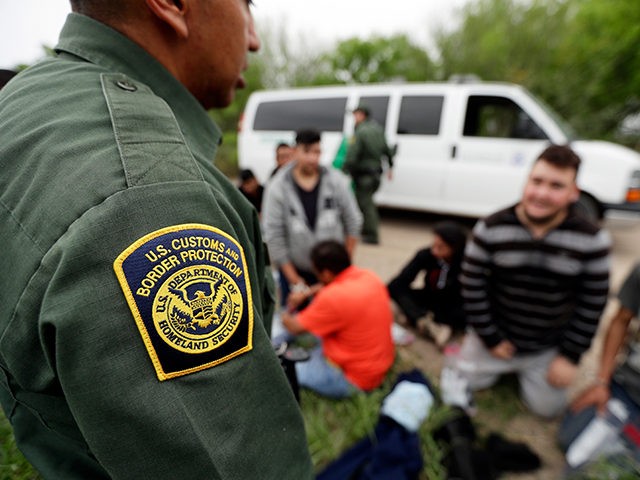Recently, the New York Times published an opinion piece titled, “The Treatment of Migrants Likely ‘Meets the Definition of a Mass Atrocity.” The author is Dr. Kate Cronin-Furman, an assistant professor of human rights at University College London.
Cronin-Furman, who describes herself as a lawyer and political scientist, claims that the detention of immigration violators by the United States, “meets the definition of a mass atrocity: a deliberate, systematic attack on civilians.” However, in order to support her sensationalized narrative, Cronin-Furman oversimplifies the definition of mass atrocity into complete meaninglessness.
In reality, “mass atrocity” is a legal term of art that encompasses three distinct crimes: war crimes, crimes against humanity, and genocide. Each of those crimes, in turn, is very specifically defined:
- “Crimes against humanity” consist of deliberate, systematic attacks on civilians, either by enemy forces during a conflict or by their own government, as a means of asserting political dominance.
- “War crimes” refer to acts committed in breach of the Geneva Convention or the customary laws of armed conflict.
- “Genocide” is a deliberate attempt to exterminate a national, racial, ethnic or religious group.
Immigration detention by the United States doesn’t even venture into the territory covered by the law of mass atrocities: Quite simply, the detention of illegal aliens and other immigration violators isn’t an abusive practice, under any law, anywhere. Non-citizens are temporarily detained by the United States only when they engage in the deliberate criminal act of breaking our immigration laws. During their detention, they have full access to fair and independent courts that regularly monitor the incarceration practices of all law enforcement and correctional agencies in the United States. Accordingly, immigration detention is about as far away as you can get from any of the aforementioned barbarities.
What’s worse is that author appears to be intentionally misleading her audience. In 2017, Cronin-Furman penned an article for Salon in which she cautioned that, “there are important reasons to avoid invoking genocide liberally” because the word “has a specific legal meaning, one that hinges upon the perpetrators’ intent to destroy a group.” The clear implication is that the author understands that genocide, like other mass atrocities, occurs only in a highly specific set of circumstances, despite abuse of the term by non-experts.
The professor’s advice would apply equally to the intemperate use of other highly specialized legal terms. Generations of attorneys are familiar with the precept that flinging around fancy legal words, out of context, and without due regard for their true meaning, only leads to bad ends. So why violate her own wise counsel?
Cronin-Furman inadvertently answered that question later in the same Salon article. She acknowledged that the loose use of terms like “genocide” by human rights activists is a deliberate attempt to “signal by analogy” to the “worst crimes in human history.” She also notes that groups that perceive themselves as being persecuted “often see a genocide label as their best hope of intervention on their behalf.”
That’s exactly the tactic she employed in her New York Times op-ed. She employed a loaded term in order to establish an emotionally-charged, but demonstrably false, parallel between the Trump administration’s immigration policies and the worst crimes in human history. And she did it to create a basis for intervention on behalf of a group that, for whatever reason, she views as being subject to persecution by the U.S.
But Cronin-Furman’s analogy is woefully strained. The group on behalf of whom she seeks intervention are being accommodated, rather than oppressed, by the United States. In truth, the vast majority of them haven’t even been persecuted by their own governments. They are simply poverty-stricken people trying to access a robust American economy.
Experts may disagree about gray areas in the law. They may even raise legitimate criticisms about government policies. However, when they bend the truth to fit their narrative, casually invoke overblown analogies and conclude flawed arguments with appeals for mob action, they should be called out. In the end, the only atrocity committed here was against the truth.
Matt O’Brien is director of research at the Federation for American Immigration Reform (FAIR). He is former chief of the National Security Division at U.S. Citizenship and Immigration Services and a former Assistant Chief Counsel with U.S. Immigration and Customs Enforcement.

COMMENTS
Please let us know if you're having issues with commenting.